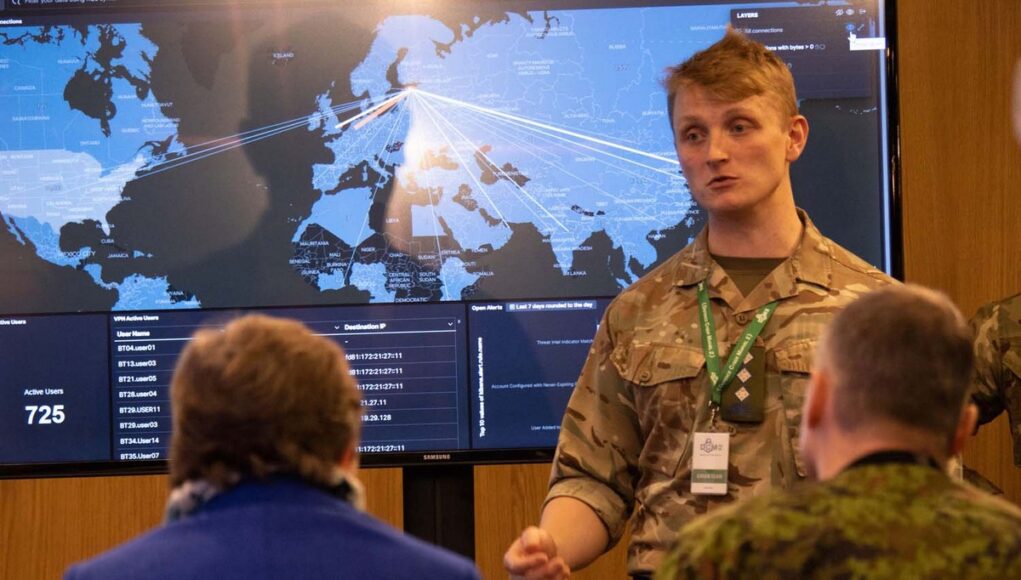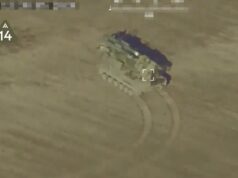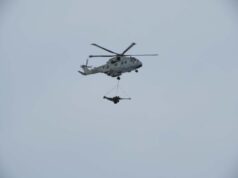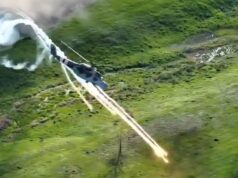The Ministry of Defence (MOD) has detailed its approach to improving productivity through the use of artificial intelligence (AI) and data, with a focus on addressing barriers to efficient working.
In a written response to a question from Tanmanjeet Singh Dhesi, Labour MP for Slough, Maria Eagle, Minister of State for the MOD, confirmed the department’s plans to establish a central Productivity Portfolio to drive these efforts.
She stated, “The Ministry of Defence is committed to improving its productivity and is establishing a central Productivity Portfolio to break down the barriers to productive working.”
The MOD aims to utilise AI and data to automate routine operations and enhance decision-making. Eagle explained that the department is actively investigating opportunities, including using informational chatbots, machine learning applications, and generative AI to accelerate business and policy tasks.
She added, “This includes using informational chatbots, machine learning applications and generative AI to automate and accelerate routine business operations and policy work; through to Defence-specific opportunities driven by data to enhance the speed of decision-making, optimise logistics or increase the availability of military capabilities.”
To ensure that AI and data use is responsible and effective, the MOD is following various guidelines, including the Generative AI Framework and the Data Ethics Framework. Eagle highlighted that the department also has access to expert advice through the Central Digital & Data Office, located within the Department for Science, Innovation & Technology.
She remarked, “We draw on a range of resources, published on GOV.UK, to inform our AI and data usage. For example, the Generative AI Framework, the Data Maturity Assessment, the Ethics, Transparency and Accountability Framework, and the Data Ethics Framework.”
Eagle concluded by emphasising that the MOD would continue to review its usage of AI and data to maximise productivity benefits for staff and the public. “We will continue to regularly review our usage of AI and data to maximise productivity benefits for staff and the public,” she said.
While the commitment to modernising operations is clear, it remains to be seen how effectively these technologies will be integrated across the MOD’s complex operations.
At the UK Defence Journal, we aim to deliver accurate and timely news on defence matters. We rely on the support of readers like you to maintain our independence and high-quality journalism. Please consider making a one-off donation to help us continue our work. Click here to donate. Thank you for your support!














OMG. AI has been accepted by the ill informed as a panacea for all known problems. The reality is somewhat different. Tech is great for somethings yet in other areas it is virtually useless. Anyone waving a magic wand and saying whatever the question the answer is AI needs to be treated with a large dose of scepticism. It will have it’s place eventually but probably best to gradually introduce these thing alongside the normal method and compare results.
Well if the MOD write contracts well enough with enough funding to maintain their existing fleets( sea, air and land) then their engineers will no longer be double engineering to keep things going!! At the rate they’re currently hemorrhaging engineers and staff no level of AI supplementation will fix the lack of capable staff. Start supporting the engineers and support staff rather than dumping them with the outcome of your accumulative ineptitude!!
Nice one fella.
Would be useful for stores , would identify where stock levels are wrong and same parts have shortages repeatedly .